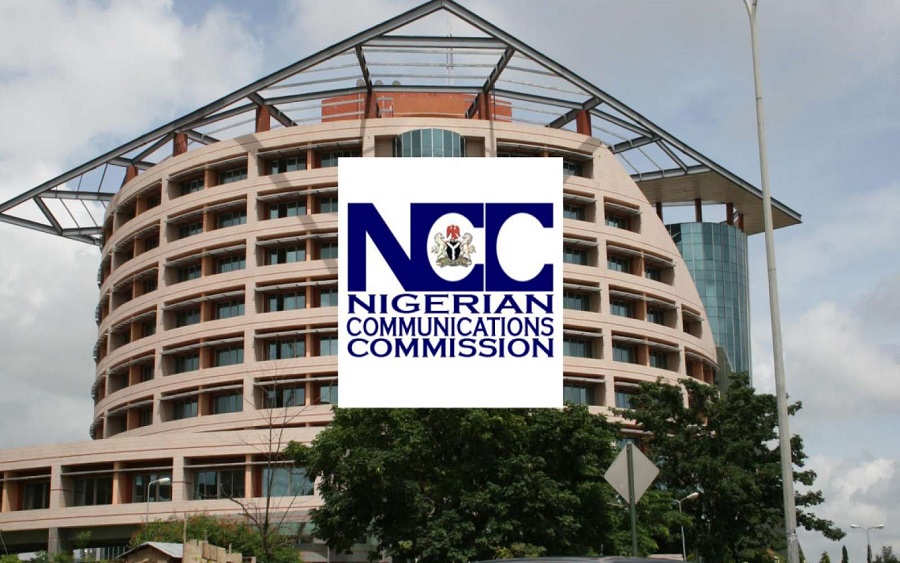The Centre for the Promotion of Private Enterprise has reported that Nigeria’s fiscal and tax reforms have yielded significant gains, but the rising inflation and Naira depreciation have offset the real value of these advancements. According to the organization’s Chief Executive Officer, Muda Yusuf, the removal of fuel subsidies and unification of exchange rates have substantially increased government revenues and expanded fiscal space, enabling greater public investment.
Notably, Nigeria has seen improved collections from Value Added Tax and Company Income Tax, indicating stronger compliance and a gradual economic recovery. Subnational governments have also reported higher revenues, with increased allocations to key sectors such as agriculture, infrastructure, and social development.
However, the current inflation rate of 21.12 percent and currency depreciation, with the Naira trading at N1,455 per dollar, have moderated the real value of the fiscal reforms implemented over the past two years. Furthermore, Nigeria’s budget of $36.7 billion remains relatively small compared to other countries in the region, such as South Africa, Algeria, and Egypt, limiting the government’s capacity for transformative investments.
To address these challenges, the Centre for the Promotion of Private Enterprise has urged the federal government and subnational authorities to prioritize investments in critical infrastructure, including roads, power, ports, and digital infrastructure. This focus is expected to reduce business costs and enhance competitiveness.
The organization has also recommended several key measures, including adjusting fiscal assessments to account for inflation and exchange rate effects, broadening and diversifying the revenue base, and prioritizing high-impact spending on infrastructure, food systems, productivity, and security. Additionally, the Centre has emphasized the importance of strengthening subnational fiscal capacity, implementing tax reforms with flexibility, and reinforcing fiscal discipline across all levels of government.
By implementing these measures, Nigeria can build on the progress achieved through its fiscal and tax reforms, deepening revenue diversification, enhancing spending efficiency, and aligning fiscal outcomes with real economic performance. With prudent management and stakeholder collaboration, these reforms can lay the foundation for a more resilient, productive, and inclusive Nigerian economy.



